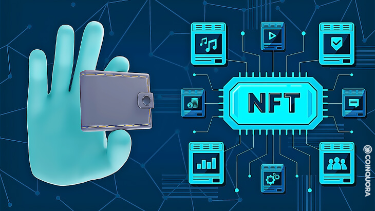Private property status does not extend to what NFT represents.
NFTs are treated as property by the Internal Revenue Service in the United States.
At the beginning of May, a significant legal precedent was set in the British Web3 community when the High Court of Justice in London, the closest analogue to the Supreme Court of the United States, decided that non-fungible tokens (NFTs) are private property. An important caveat is that this private property status does not extend to what NFT represents.
OpenSea Asked to Disclose Identities
Digital works belonging to a 10,000-NFT collection by “Gen Z change-makers” were stolen as per Lavinia D. Osbourne, founder of Women in Blockchain Talks, on Twitter in February 2022.
Tokens included a variety of benefits, such as admission to private events, free publications, and waivers of licensing costs. OpenSea was the platform where Osbourne found the stolen items from her MetaMask wallet. Mitmark, security, and intelligence business helped her locate the NFTs.
High Court justices in London ruled on April 29 that NFTs are protected property under British law, and The Art Newspaper reported on this finding. A judge granted an order to freeze Ozone Networks’ assets and required OpenSea to reveal the identity of the two account holders who had the stolen NFTs in their hands. OpenSea quickly stopped the selling of these NFTs, known as Boss Beauties 680 and 691. The injunction was obtained against “persons unknown” since the wallet holders’ identities remain a mystery.
NFTs are already treated as property by the Internal Revenue Service in the United States. Still, the declared distinction between the token and the underlying asset does nothing to fill the existing legal vacuum in the United Kingdom and the United States.

